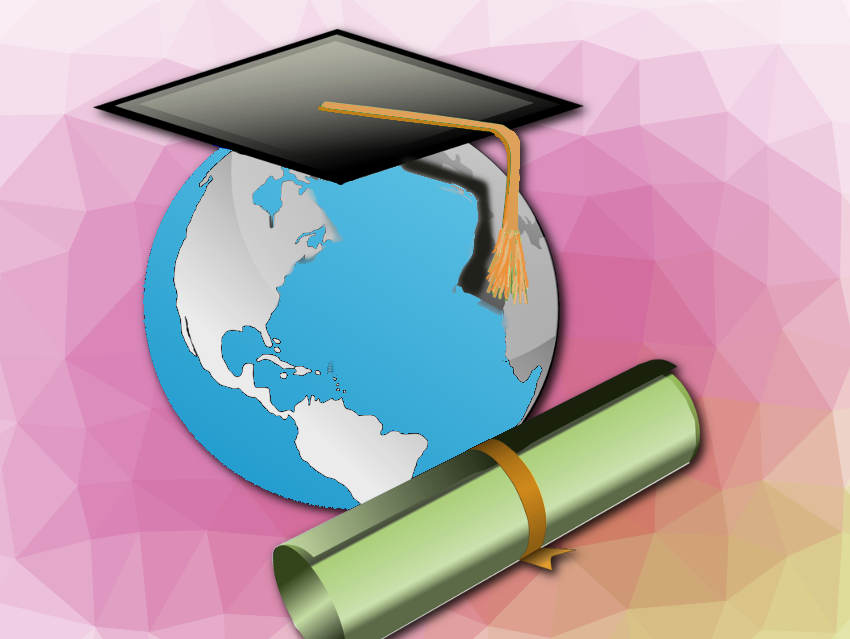How can you do your doctorate at two universities in two countries? The aim of such a program is the development of a network and the internationalization of researchers, institutes, and universities. Ph.D. students gain insights into different research units and develop their language skills and intercultural competence. They get to know different scientific systems as well as university and work cultures. Jonas Hoffmann, who conducted research on main group elements in functional organic materials at the University of Bremen, Germany, and in Rennes, France, and completed his binational Ph.D. (cotutelle de thèse) this year, reports on his experiences.
A binational Ph.D. can be based on the interest of two research groups to intensify their collaboration or on the initiative of the young researcher. Before starting, the two supervisors at the respective universities should define the conditions in a contract. Templates and recommendations are available in Germany, for example, on the website of the German Rectors’ Conference (Hochschulrektorenkonferenz). The contract should regulate mobility, i.e., how long a Ph.D. student works at the partner institutions, as well as the duration, type, and language of the Ph.D. thesis and the defense. Both institution’s Ph.D. regulations must always be observed.
Financial support can be provided, for example, by the Franco-German University or Campus France. Scholarships for a binational doctorate are awarded, for example, by the German Academic Exchange Service. There are some hurdles in organizing such a process, apart from housing and travel, these include the different doctoral cultures. However, according to the author, 80 % of the Ph.D. students rate their experiences as very positive.
- Binationale Promotion: Grenzen überschreiten,
Jonas Hoffmann,
Nachr. Chem. 2021, 69, 13.
https://doi.org/10.1002/nadc.20214113309
Also of Interest
- The Ins and Outs of a Ph.D. Across Continents,
Torsten John,
ChemistryViews 2018.
https://doi.org/10.1002/chemv.201800011
Why would someone do a joint Ph.D. project across continents? What are advantages and challenges?

![9 Tips for a Successful PhD [Tip 6]](https://www.chemistryviews.org/wp-content/uploads/2025/04/202503_9-Tips-for-a-Successful-PhD_Tip6-125x94.png)

![9 Tips for a Successful PhD [Tip 5]](https://www.chemistryviews.org/wp-content/uploads/2025/04/202503_9-Tips-for-a-Successful-PhD_Tip5-125x94.png)
